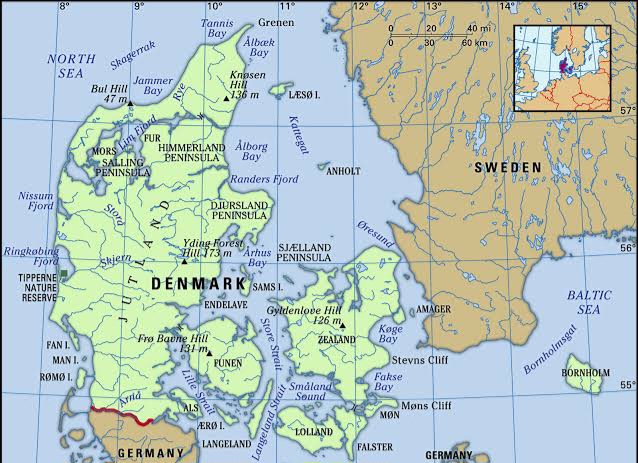Copenhagen, August 10, 2024, The Europe Today: Denmark will reinforce its border controls with Sweden in response to a recent escalation in gang-related violence spilling over from the neighboring country, the Danish Justice Ministry announced.
The enhanced measures include increased police checks on trains crossing the Oresund Strait, the key link between the Swedish city of Malmö and Denmark’s capital, Copenhagen. Additional camera surveillance will also be implemented at this crossing point, which serves as the primary connection between the two nations.
“We are increasing surveillance, in part to enhance security but also to prevent hired Swedish child soldiers who come to Copenhagen to carry out tasks related to gang conflicts,” said Denmark’s Justice Minister, Peter Hummelgaard, on Friday, as reported by several media outlets.
Hummelgaard disclosed that since April, there have been 25 incidents involving Danish criminal gangs hiring what he referred to as “child soldiers” to commit crimes within Denmark. In the past two weeks alone, three shootings have been linked to Swedish teenagers, he noted.
“In the short term, we are tightening the screws further by strengthening efforts at the border with Sweden,” Hummelgaard stated.
Sweden has experienced a sharp increase in gang-related shootings and bombings in recent years. According to Swedish police, powerful criminal gangs often exploit minors to carry out murders, as they would likely receive lighter sentences if convicted.
Hummelgaard described it as “a scary phenomenon” that Danish gangs are recruiting young Swedes to do “their dirty work.”
Denmark has adopted a stricter stance on immigration and gang-related crime compared to its northern neighbor. Measures include forcibly relocating non-Danes from areas where they form a majority and doubling penalties for criminal offenses.
The Danish Justice Ministry also announced plans to strengthen intelligence collaboration with Sweden. This will include stationing a Danish officer permanently with the Stockholm police and expanding officer exchanges with law enforcement agencies in southern Sweden. The ministry is also considering the use of facial recognition technology for very serious crimes, such as attempted murder.














